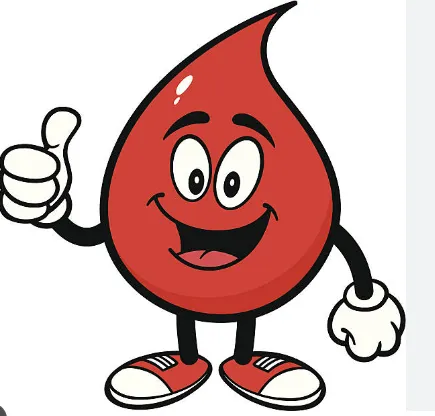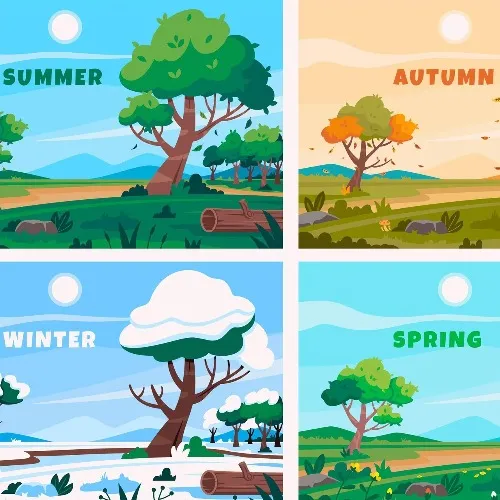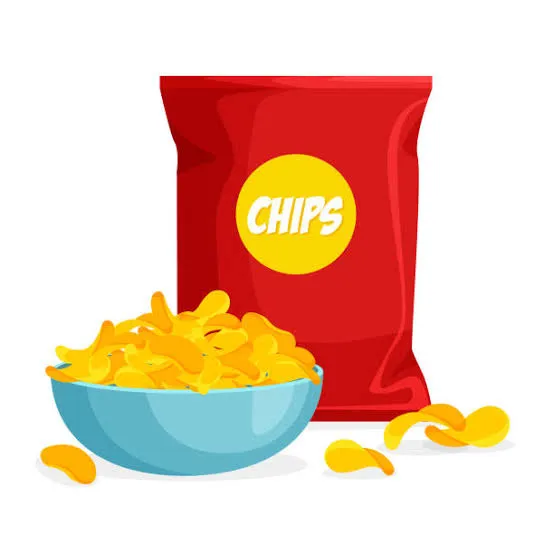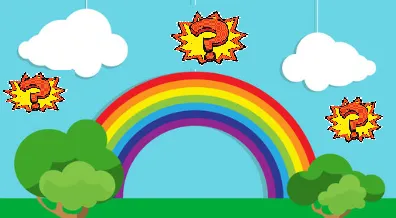
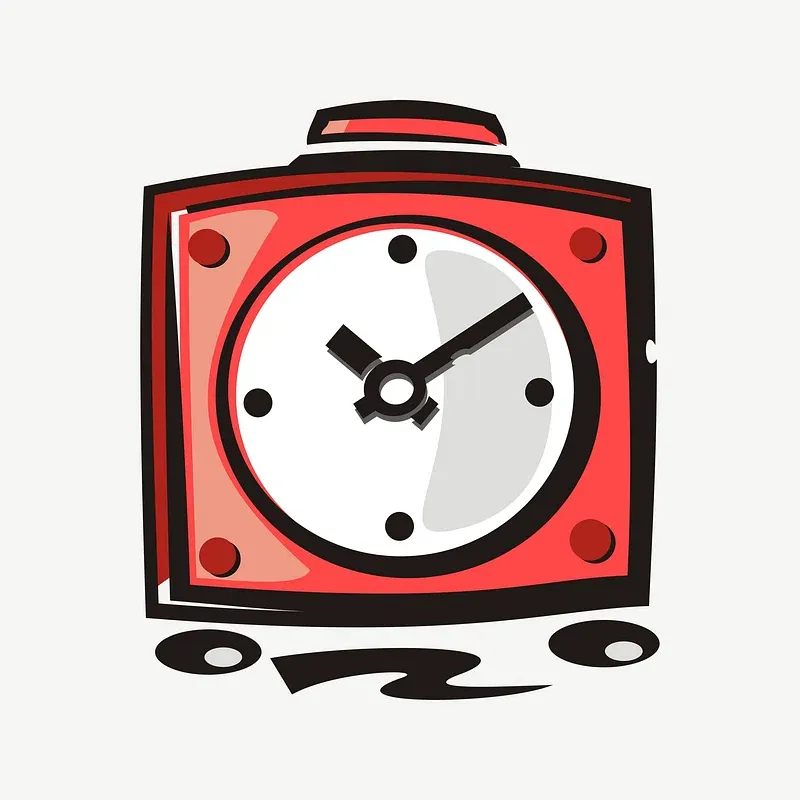
How did people tell time before clocks
What's the time? One question like this and everyone around would have a look at either their wrist watches, mobile phones , laptops, televisions, smart kitchen appliances and come with an answer. Well this is how we have evolved and become so technologically advanced. But, ever thought how ancient people used to tell time before clocks came into picture. Let's find out!!
Before clocks were invented, ancient people relied on their observation skills with respect to seasonal changes, movement of stars and other changes in the surrounding / environment to decide upon the activities to take upon like which seeds need to be sown, building shelter during rains and all.
However in regards to time keeping, history tells us that the Egyptians, Chinese, Hindus(people of Bharat i.e. India), Babylonians, Sumerians developed and exchanged certain methods to keep a track of the time.,
SUN DIAL
As per the history books, this is considered to be one of the most ancient methods to track time.
The name suggest, this clock relied on the celestial body SUN. Basically a huge tall vertical diagonal object was installed in a place and the shadow cast by the sun indicated the current time. The shadow cast by the sun helped to understand how much time has passed. This clocks are mainly attributed to the Egyptians and Sumerians.
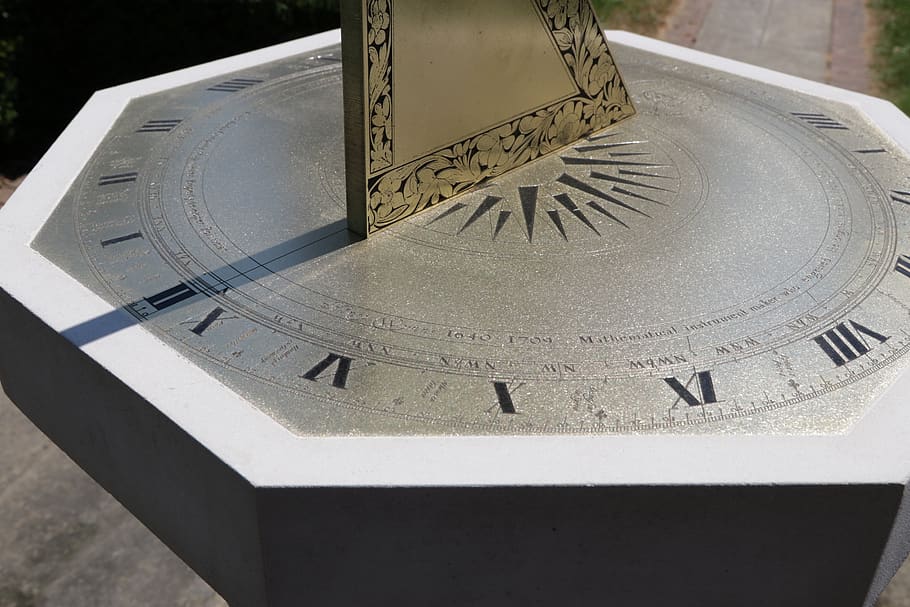
WATER CLOCKS
As we can understand from the sun dials that it cannot be used during night times. To overcome this, inventors came up with another solution called as water clock. Inflow and outflow were two methods used for this type of clock. Both method had two containers where say one container filled with water and with small hole was kept hanging over a second one. As the water dripped and filled the bottom container, the level of the water in the bottom container indicated the time passed.
One can either mark time at the bottom container (inflow) or on the top container (outflow) which would indicate the time passed.
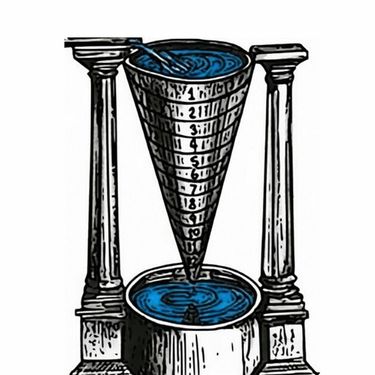
Another method used by ancient Hindus one small container with a small hole was kept in a container full of water. Once the smaller container gets full with water and gets submerged into water it indicated certain amount of time has passed say half an hour or so.
Even though, water clocks provided benefit in comparison to sundial, water clocks had it's own down side for example when it come to water getting frozen due to low temperature and even the water pressure when it comes to water dripping from the outer bowl.
HOUR GLASS
Similar to water clocks, instead of water sand was used to  indicate the time based on how much sand has passed from one container to another. Two rounded glass were place one above the another and sand from top of the glass bowl trickled down into the bottom one.
indicate the time based on how much sand has passed from one container to another. Two rounded glass were place one above the another and sand from top of the glass bowl trickled down into the bottom one.
These clocks were said to be cheaper to maintain and simple to create and were popularly used in naval vessels. However the rocking of huge naval vessels sometimes created disruptions there as well.
Of course the uniformity of the time was an issue which was further resolved by then using pendulums or pulse which will ensure that the time cannot be disturbed based on either celestial bodies, freezing temperature or even huge rocking of naval vessels.
By 14th-15th centuries there were many methods which could be used to keep track of time however one thing which created a huge discussion was when should the start of the day considered, should it be sunrise as per Babylonians, sunset like Italians or middle of the day like the Germans. Ultimately the French idea of having two 12 hour periods were considered with start at midnight were considered.
Slowly slowly, the improvements changed the way we look at time so much that today we are able to tell time with so much accuracy. From having a single place where one has to go see time, today we have time in our pockets, wrist, kitchens and many other places.
Now you know about how ancient people used to keep time, but do you know why there are different time zones? Curious?? Here's an article which can shed light on that, Have a look...
Why do we have different timezones?
That's about for the curious mind for now. Until next time, remember to listen to the curious mind talks!
Powered by Froala Editor
